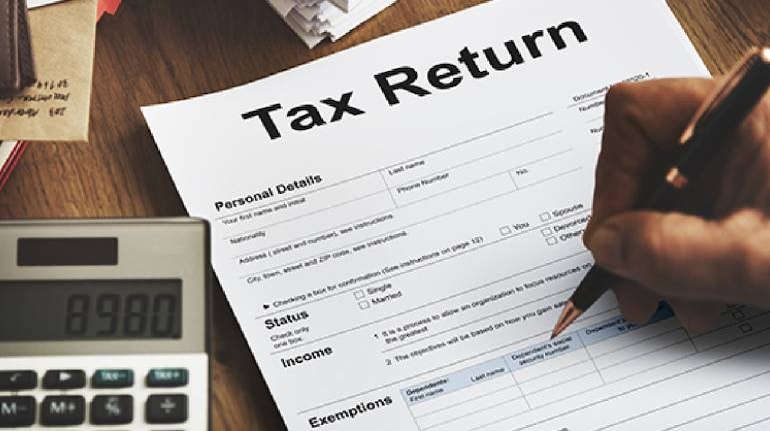



An Economic Times report dated October 21, 2023 said that several tax payers have got income-tax notices about pending payments dating as far as to assessment years 2003-04 and 2004-05.
With financial year 2022-2023 ending a few months back and having said your income tax by July 31 (we assume most of our readers paid their taxes on time), you will be tempted to push the tax-saving investment proofs to the back-burner. If you do not maintain a file, start one. Even though you or your employer do not need to submit supporting documents while filing income-tax returns, there could be situations when you may be asked to produce them.
The Income-Tax department could demand these proofs, if the return is picked up for scrutiny or re-assessment. If so, you will have to produce them in 30 days.
What are these documents?They would include Form 16, investment proof or premium payment receipts of your life and health insurance, proof of investments in equity-linked savings schemes (ELSS), copy of Public Provident Fund (PPF) passbook or a stamped deposit receipt. Home rent agreements and even travel tickets for leave travel allowance (LTA) should be preserved.
Additionally, if you want to claim exemptions for donations, keep the receipt, along with the details. Bills for preventive health check-up, tuition fee receipts and loan repayment proofs too should be maintained.
How long should you keep them?They should be maintained for eight years from the end of the relevant assessment year.
According to Saurrav Sood, Practice Leader, International Tax & Transfer Pricing at SW India, “One may infer from the provisions of re-opening of assessment, the maximum time period of 10 years is mentioned, up to which the tax officer can seek details from the taxpayer.”
So, if you have investment proofs and other bills for financial year 2022-23, you would have to maintain them till March 31, 2033, as the applicable assessment year 2023-24 would end on March 31, 2024. The eight-year clock would start ticking from April 1, 2024.
If you belong to the high-income bracket, preserve them for an additional two years. This is because “in case of concealment of income of Rs 50 lakh or more, the assessment can be re-opened till 10 years,” points out Abhishek Soni, CEO& CO-founder, Tax2Win.
Why do you need to preserve them for so long?With the ‘Jhatpat processing’ of returns through the Central Processing Centre, the Income-Tax department now processes the returns within 2-7 days of filing them. Even after the return has been processed, it could be picked up for scrutiny or re-assessment.
As Suresh Surana, founder, RSM India, explains, “If the department scrutinises the tax return filed in assessment proceedings, they may also require the taxpayers to submit proof of investments, which would enable them to trace the investments.”
Also read: Six income-tax exemptions that even the new tax regime allowsWhat if you have submitted all proofs to your employer?You can submit photocopies as proof, in case you change employers during the period or the company no longer exists 8-10 years later.
The onus of providing the documents rests with the tax assessee. Amit Gupta, MD, SAG Infotech, says, “Unless specifically requested, the employer is not compelled to provide any documentation to the tax department. The employee must have all the supporting documentation for the expenses they have incurred if there are any tax proceedings.”
If an individual cannot produce the documents within the mandated 30 days after being requested for the documents via a notice, penalties, apart from the applicable tax, need to be paid.
Penalties of 50-200 percent are applicable if one cannot prove a transaction and is found to evade tax. Even offering erroneous facts would attract penalties, including 50 percent of the tax liable for under-reporting or 200 percent of tax for misreported income.
It is worth noting here that if an employee offers false proofs, the penalties would be applicable to the employee. “The employer is not held accountable when an employee presents false proof,” says Gupta.
But this year, you could safely discard the documents linked to financial year 2012-2013 as the scrutiny and re-assessment period for them has just ended.
Also read: Finance Bill amendment offers marginal relief for income of slightly over Rs 7 lakhDiscover the latest Business News, Sensex, and Nifty updates. Obtain Personal Finance insights, tax queries, and expert opinions on Moneycontrol or download the Moneycontrol App to stay updated!
Find the best of Al News in one place, specially curated for you every weekend.
Stay on top of the latest tech trends and biggest startup news.